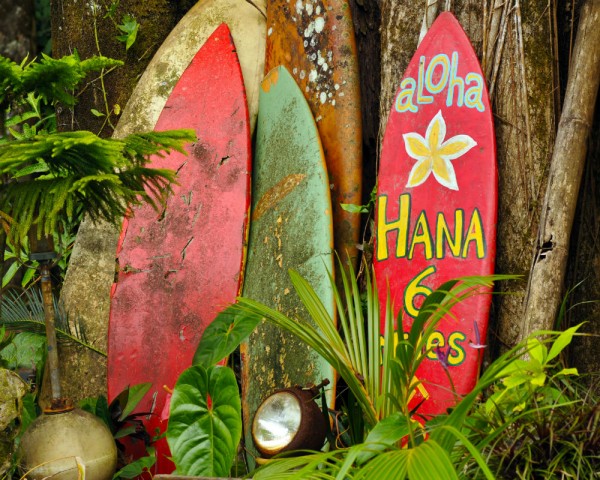Hawaii Adoption Guide
Welcome, Hawaiians! This guide was written to provide you with a single place to find information about adoption within your own state. It will walk you through everything from laws that will impact your adoption to reviews of adoption service providers in Hawaii.
We’ve divided this guide into five parts: first, general information about adopting in Hawaii, then sections dedicated to domestic infant adoption (starting in Slide 6), foster adoption (Slide 19), international adoption (Slide 29), and stepparent adoption (Slide 33). And don’t miss our slide filled with links to helpful adoption resources (Slide 36).

2. Domestic Infant Adoption – Traveling to from Out-of-State
Different details about the birth and health of the child, and the specifics of the adoption plan, will determine the length of your stay in Hawaii. These prices are estimates; your actual price will depend on how much you’re willing to spend, the time of year you go, and personal interests.
Flight prices to Hawaii
Starting at $900 per person from the East Coast
Starting at $750 per person from the Mid-West
Starting at $475 per person from the West Coast
Hotel prices in Hawaii
Starting at $200–800 per night depending on the hotel luxury you wish for.
Places to see in Hawaii
Hawaii is one of the top vacation spots in the U.S. Many dream of going there; consequently, there’s a lot for a family to do. Family activities will depend on where you stay and on what island.
For a food budget, plan on about $70 per day per person.
Oahu: Pearl Harbor, the beaches, Haleakala National Park, and check out other activities.
Kauai: Na Pali Coast State WIlderness Park and other State Parks, waterfalls, and other activities.
Maui County Outer Islands: Enjoy the road to Hana,
Moloka’i’s Kalaupapa National Historical Park, and other activities.
Big Island: Hawai’i Volcanoes National Park, snorkeling, black sand beaches, and other activities.
Also do your own search! There’s a lot to see and these suggestions are only the beginning.







